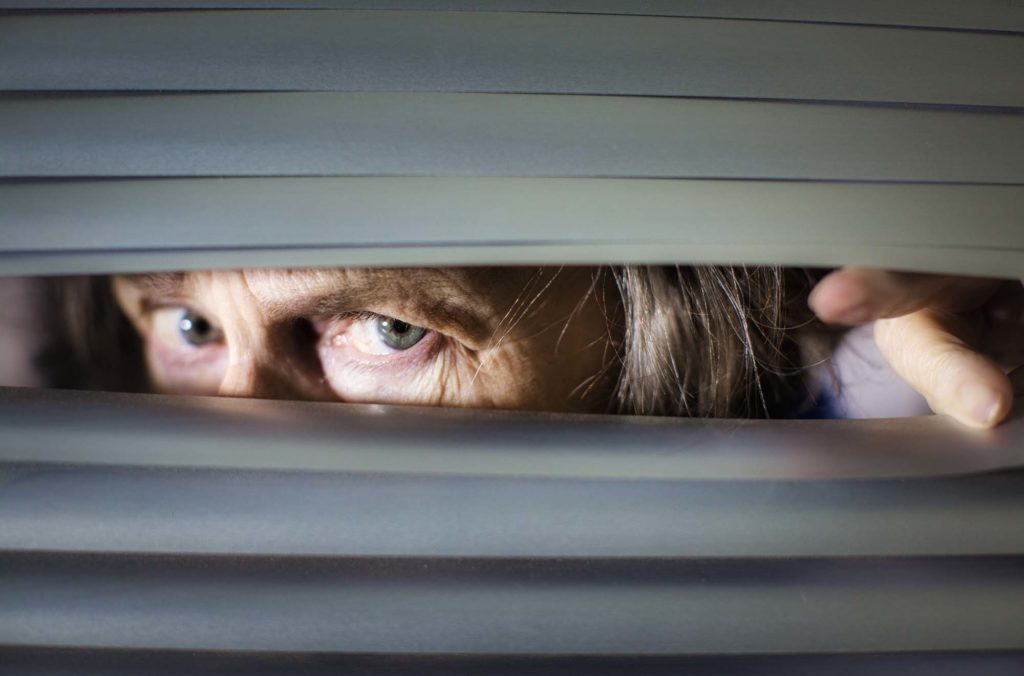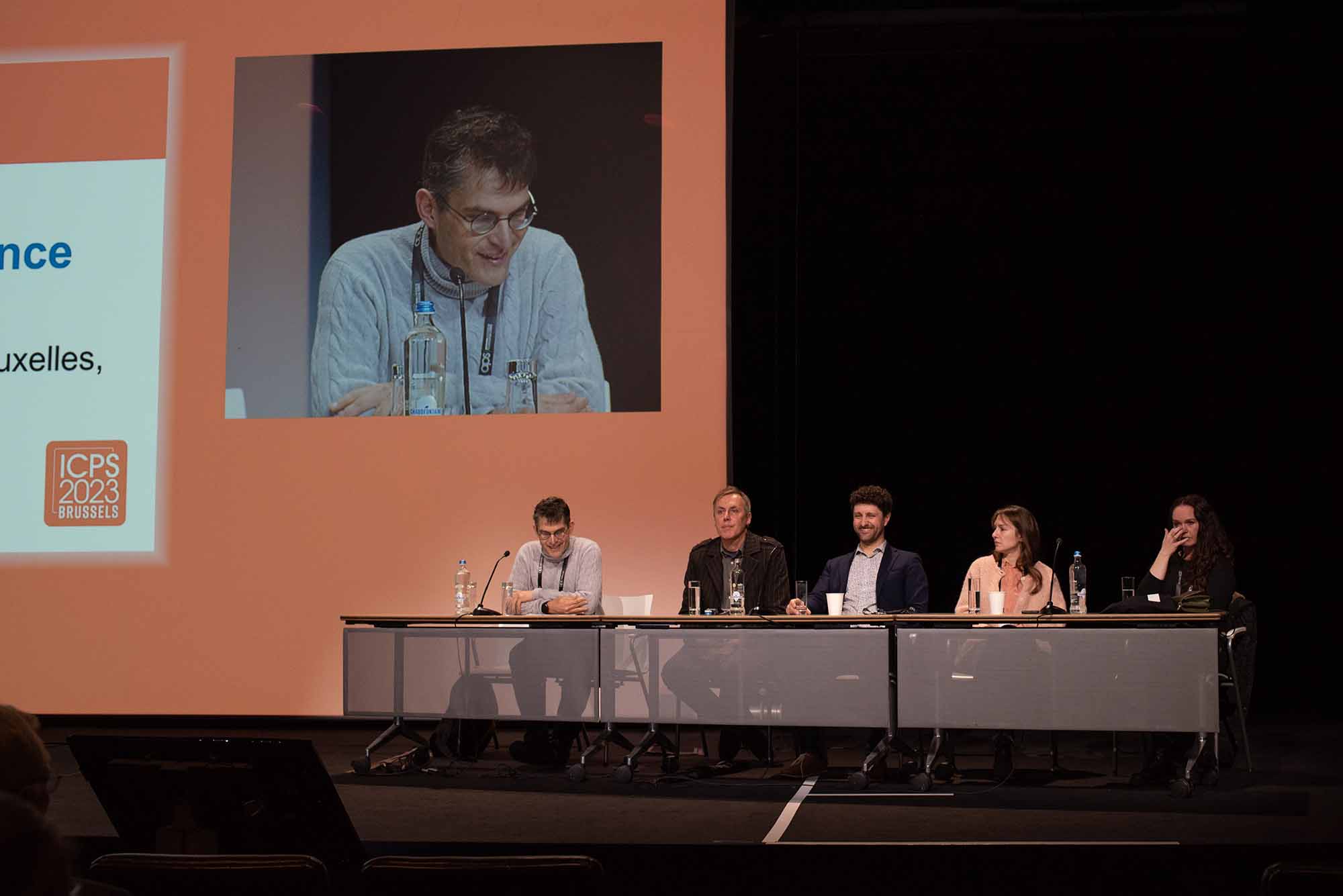Conspiracy Theorists May Not Always Think Rationally, but They Don’t Generally Believe Contradictory Claims

It’s easy to characterize conspiracy theorists as people who will believe just about anything. However, it’s not true that conspiracy theorists commonly believe contradictory conspiracies, such as the claim that Diana, Princess of Wales, did not die in a car accident but instead both was murdered and is still alive after faking her own death. That kind of thinking appears to be nothing more than a statistical artifact, according to Jan-Willem van Prooijen (Vrije Universiteit Amsterdam) in an interview about his research in Psychological Science.
“The correlation emerges mostly because many people believe the official story (Princess Diana died in a car accident) and do not believe either contradictory conspiracy theory,” van Prooijen explained.
Van Prooijen, Iris Wahring, Laura Mausolf, Nicole Mulas, and Shayda Shwan (Vrije Universiteit Amsterdam) examined beliefs about contradictory conspiracy theories through a series of four studies with a total of 7,641 participants.
In the initial study, 796 participants from the United Kingdom were presented with descriptions of eight topics associated with popular conspiracy theories. Participants reported whether they believed the official story to be true or false before rating, on a scale of 1 to 5, how strongly they agreed with two related conspiracy theories. In the case of climate change, for example, participants reported whether they believed the official science-supported statement that climate change exists and is caused by human activity. They then rated how strongly they agreed with the conspiratorial statements “climate change exists but is not caused by humans” and “climate change does not exist.”
In line with previous research, van Prooijen and colleagues found a significant correlation between participants’ belief in contradictory conspiracy theories. When the researchers looked more closely at the data, however, it became clear that this effect was driven primarily by participants who believed the official story and did not believe either conspiracy theory—not, as previously suggested, by participants who believed both contradictory conspiracy theories.
“When people don’t believe a conspiracy theory that a person is murdered and also don’t believe a conspiracy theory that a person faked her own death, their responses are also going to be positively correlated,” van Prooijen said.
Notably, the researchers did not find any significant positive correlation related to “dead-or-alive” conspiracies. For example, participants who did not believe the official story about the suicides of Adolph Hitler and Jeffrey Epstein were more likely to believe that the man in question had either faked his death or been killed by someone else, not to report believing both at the same time.
More on the science behind conspiracy theories
-

Debunking Misinformation and Confronting Conspiracy Theories
A confrontational approach to resolving conflicts may serve to entrench opposing views.
-

Back Page: It’s a Conspiracy!
Karen Douglas, a professor of social psychology at the University of Kent, studies the psychology of conspiracy theories.
-

I Don’t Care If It’s Fake News, I Believe It
“Max” Bai talks about the research on misinformation he presented at the 2022 APS Annual Convention in Chicago.
The researchers further tested these findings through three similar studies—one with 5,261 participants in the Netherlands and two with a total of 1,584 participants in the United States. Although participants in the Netherlands who disbelieved the official story were more likely to believe multiple conspiracy theories related to a single subject, this correlation was not found for dead-or-alive cases. Similarly, participants in the two U.S. samples who reported believing in one conspiratorial explanation for an event were not found to be more likely to believe a second contradictory theory, especially for dead-or-alive cases.
Finally, van Prooijen and colleagues conducted a mini meta-analysis that further supported these findings. Across all four studies, there was a positive correlation between reported belief in contradictory conspiracy theories among people who believed the official story because they did not believe either conspiratorial explanation. Meanwhile, there was a significant negative correlation between belief in contradictory conspiracy theories among people who did not believe the official story related to a dead-or-alive case. That’s because this group tended to only believe in one conspiratorial explanation.
“All of this does not mean that conspiracy theory belief is necessarily rational,” van Prooijen said. “Conspiracy beliefs tend to be based on weak evidence, motivated reasoning, pseudoscience, and so on. But conspiracy theorists do not typically or systematically believe that a person is dead and alive at the same time. People like that do exist, but they are the exceptions, not the rule.”
Future work needs to investigate how this statistical artifact may influence other findings related to conspiratorial thinking, van Prooijen added. For example, research suggests that belief in one conspiracy theory (e.g., “9/11 was an inside job”) predicts belief in unrelated conspiracy theories (e.g., “climate change is a hoax”). But this correlation could appear larger than it actually is because of data from participants who believe both official stories and disbelieve both conspiracy theories, he explained.
Reference
van Prooijen, J.W., Wahring, I., Mausolf, L., Mulas, N., & Shwan, S. (2023). Just dead, not alive: Reconsidering belief in contradictory conspiracy theories. Psychological Science. https://doi.org/10.1177/09567976231158570
Feedback on this article? Email [email protected] or login to comment. Interested in writing for us? Read our contributor guidelines.





APS regularly opens certain online articles for discussion on our website. Effective February 2021, you must be a logged-in APS member to post comments. By posting a comment, you agree to our Community Guidelines and the display of your profile information, including your name and affiliation. Any opinions, findings, conclusions, or recommendations present in article comments are those of the writers and do not necessarily reflect the views of APS or the article’s author. For more information, please see our Community Guidelines.
Please login with your APS account to comment.